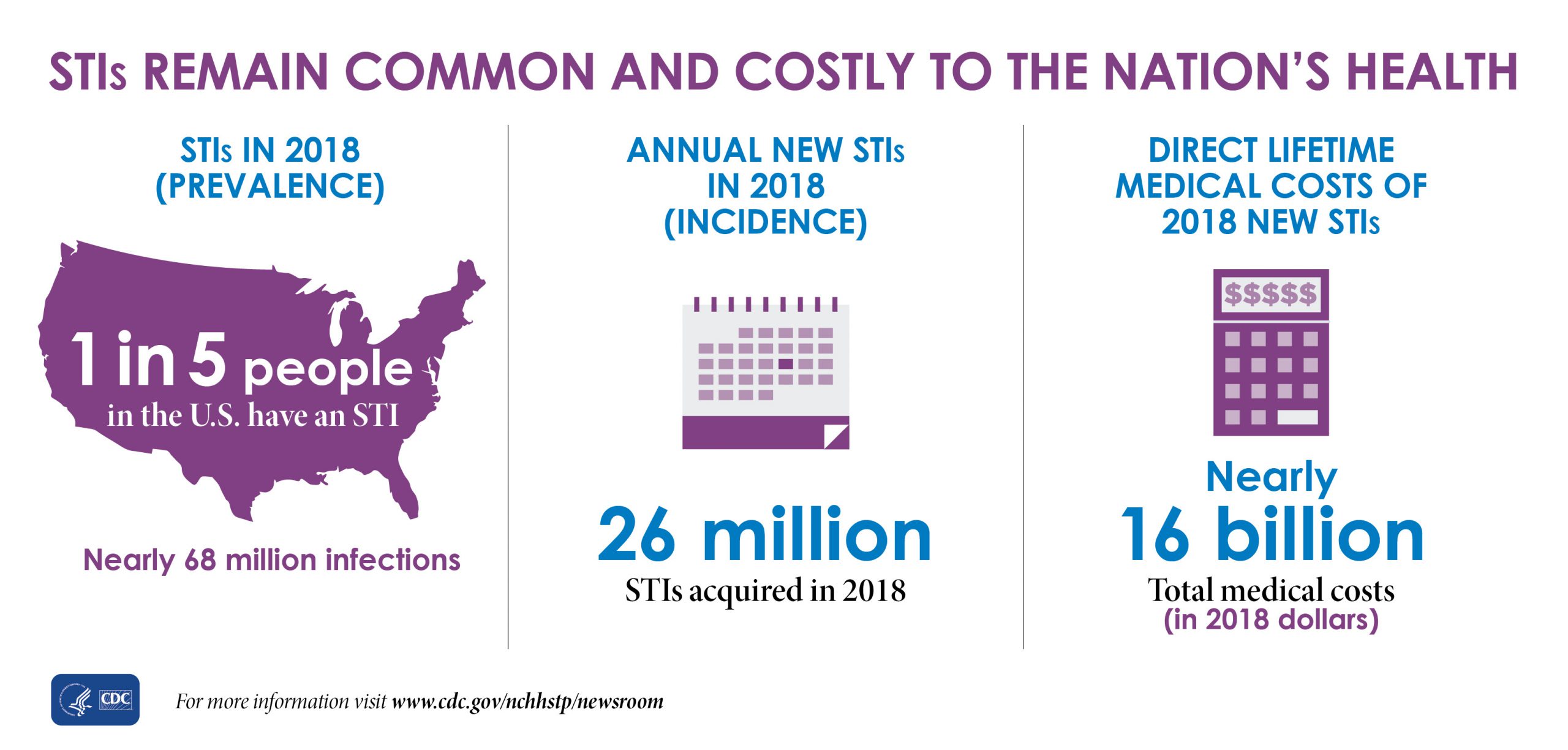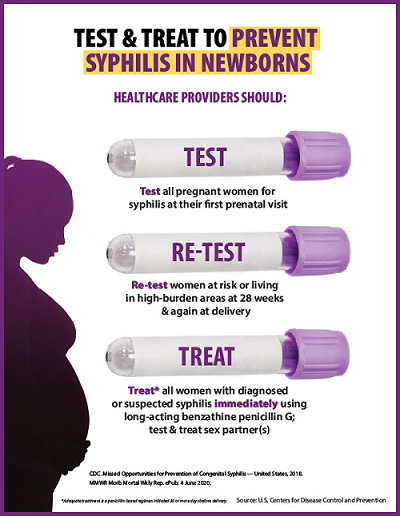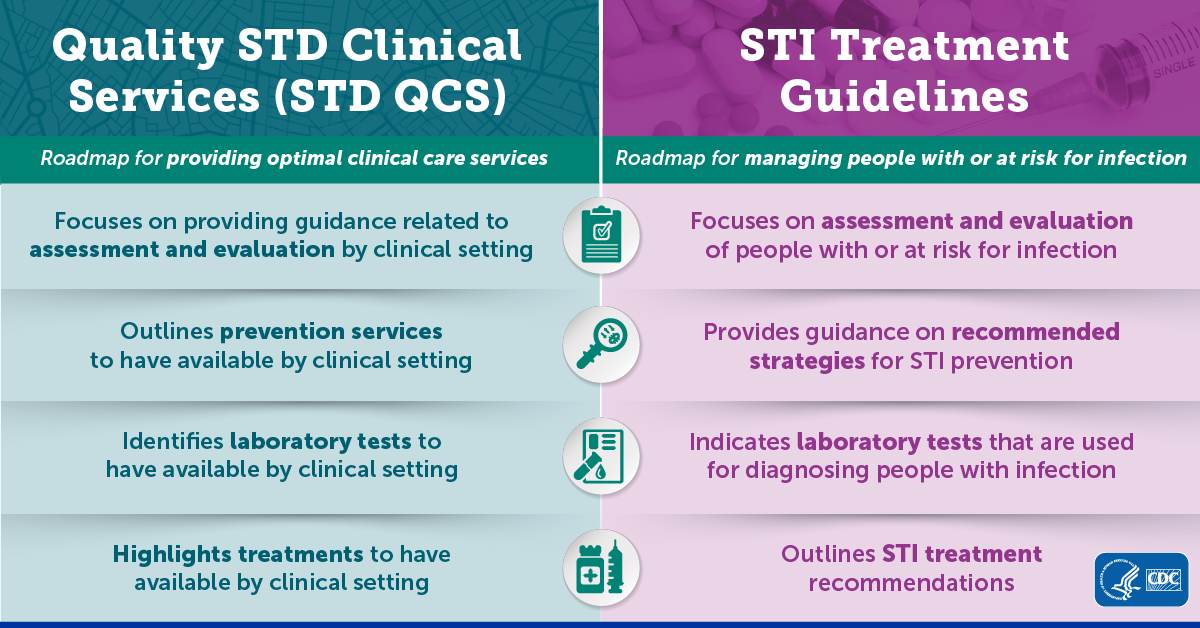Syphilis in North Dakota
In 2022, the North Dakota Department of Health (NDDoH) is reporting an increase in the number of syphilis cases throughout the state. Syphilis has been increasing nationally with large outbreaks reported across the country, including in nearby states. With this rise in syphilis, the NDDoH recommends health care providers to:
- Obtain a complete sexual risk history of all patients.
- Test for syphilis and other STIs, including HIV, for all persons with high-risk sexual behaviors.
- Test and treat patients presumptively with symptoms suggestive of primary or secondary syphilis.
- Test and treat patients presumptively when exposed to syphilis.
- Test all pregnant persons at the first prenatal visit, at 28 weeks and then at delivery, regardless of risk.
Syphilis Provider Resources
There are many resources available for health care professionals about syphilis. Here are health alerts issued by the NDDoH on syphilis as well as training opportunities:
- Syphilis on the Rise Health Alert, June 2022
- Congenital Syphilis and Screening in Pregnancy Information Sheet
- Syphilis Lunch and Learn Webinar - May 2022
- Syphilis Intensive with the STD Prevention Training Center, March/April 2022
- Syphilis Screening in Pregnancy Health Alert, July 2020
- Syphilis Screening in Pregnancy Health Alert, July 2018
Contact the HIV.STI.Hepatitis Prevention Coordinator, Sarah Weninger at sweninger@nd.gov, for additional syphilis training opportunities including syphilis in-person educational presentations.
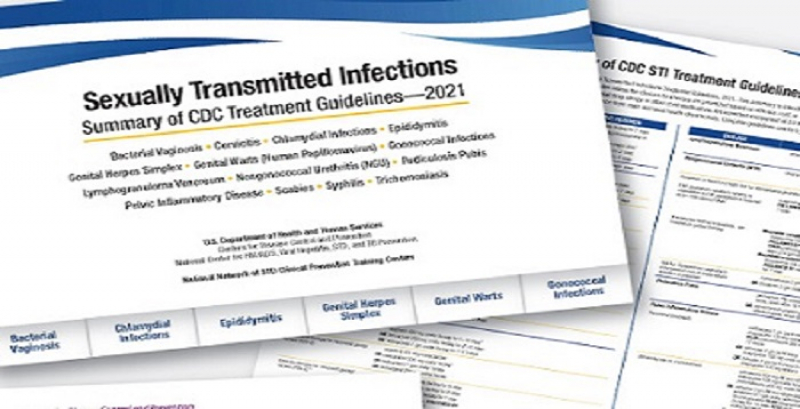
2021 STI Treatment Guidelines
CDC’s Sexually Transmitted Infections (STI) Treatment Guidelines, 2021 provides current evidence-based prevention, diagnostic and treatment recommendations that replace the 2015 guidance. The recommendations are intended to be a source for clinical guidance. Healthcare providers should always assess patients based on their clinical circumstances and local burden.
Recommendations for Providing Quality Sexually Transmitted Diseases Clinical Services, 2020 | MMWR (cdc.gov)
Recommendations for Providing Quality STD Clinical Services (or STD QCS) highlights the services healthcare settings can offer to provide the highest-quality STD care to their patients. STD QCS can help guide clinical operations, while the Treatment Guidelines focus on the clinical management of patients. Healthcare professionals can use the recommendations to identify opportunities to build, maintain, or enhance the delivery of their services.
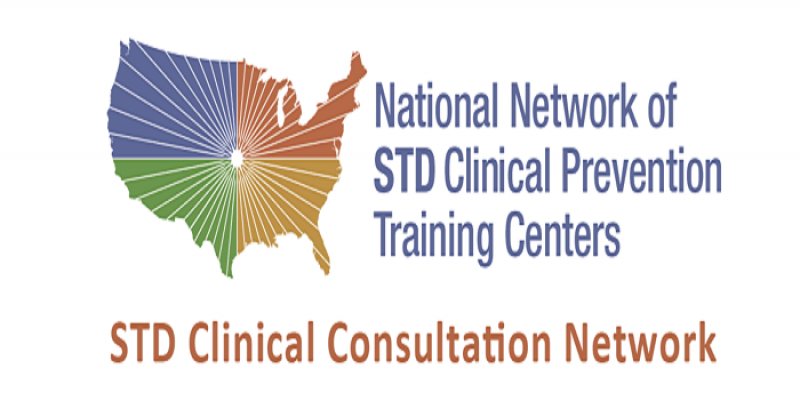
The STD Clinical Consultation Network is a free clinical consultation service provided by expert faculty at regional STD Prevention Training Centers, as part of the National Network of STD Clinical Prevention Training Centers. The STD clinical consultation service is available only to licensed healthcare professionals and STD program staff.
The National Network of STD Clinical Prevention Training Centers (PTCs) is a CDC-funded group of regional centers created in partnership with health departments and universities. The PTCs are dedicated to increasing the knowledge and skills of health professionals in the areas of sexual and reproductive health. The National Network provides health professionals with a spectrum of state-of-the-art educational opportunities, including experiential learning with an emphasis on prevention. View the PTC web site for upcoming courses and trainings.
ADDITIONAL RESOURCES FOR PROVIDERS
RESOURCES FOR YOUR PATIENTS


